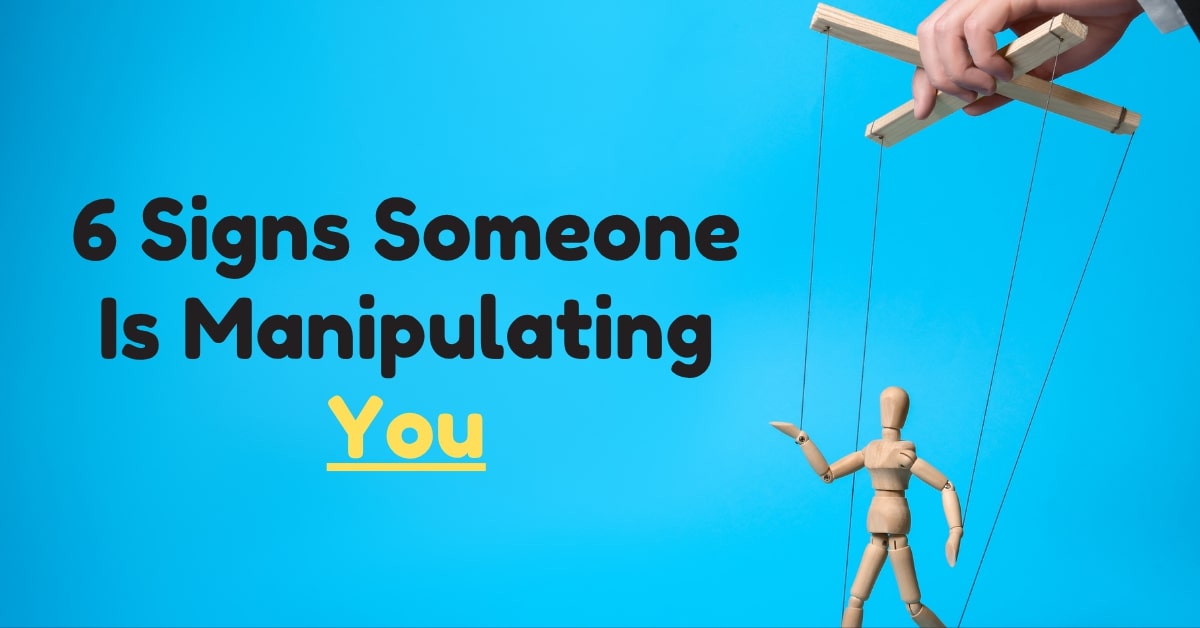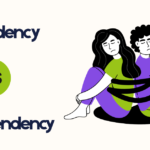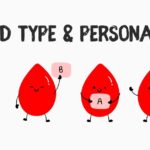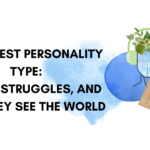Not all heartbreak comes with yelling, slammed doors, or big betrayals. Sometimes, love doesn’t break you loudly.
It just… wears you down quietly.
It sneaks in quietly, in the form of second-guessing your tone, apologizing when you’re the one who is hurting, or gradually giving up small parts of yourself to keep the peace.
And what is the most difficult part? You might not even realize it’s happening. You’ll wake up one day and feel as if you’re carrying the weight of something you can’t identify. You’ll wonder when you stopped laughing the way you used to. When you started asking yourself, “Am I too much?” or “Is it just me?”
If you’ve been feeling confused, emotionally tired, or like you have to tiptoe around someone you love this is for you.
You’re not dramatic. You’re not broken. You’re not needy. You’re human.
And sometimes, being human means loving someone while quietly losing touch with yourself.
This isn’t about blame. It’s about clarity. About seeing what your heart’s been trying to whisper for a while.
Let’s name the signs. Let’s gently hold up the mirror. Not to judge — but to help you remember who you were before you started shrinking.
You deserve to take up space again. Let’s begin.
1. You Say ‘Sorry’ More Than You Say ‘I Feel’

If you had a dollar for every time you said “sorry” even when nothing was your fault, you’d probably have enough saved to take a solo vacation and finally breathe.
It starts small. You bump into them while walking past and say sorry. You forget to text back while you were overwhelmed, and it’s “sorry, I didn’t mean to ignore you.” You bring up something that bothered you calmly, politely — and when their face shifts even slightly, you blurt out, “Sorry, I’m not trying to start anything.”
Sound familiar?
You’re not apologizing because you’re wrong. You’re apologizing because you’re afraid.
Afraid of conflict. Afraid of their silence. Afraid that if you don’t smooth it over, it’ll become something bigger than it should be.
That’s not love. That’s survival mode in disguise.
People-pleasing often looks like being “easygoing” or “mature.” But what it really is — deep down is emotional shape-shifting. You bend, you mold, you silence yourself, just to keep things calm. Just to avoid being seen as difficult, dramatic, or too much.
But here’s the thing:
You were never supposed to be the full-time peacekeeper in a two-person team.
You’re allowed to have hard feelings. You’re allowed to express them without guilt. You’re allowed to say “I feel hurt” without rushing to soften the blow with “but it’s okay, I’m sorry.”
Your emotions aren’t bombs. They’re signals.
And love that can’t hold space for your truth isn’t peace — it’s pressure with a pretty mask.
2. You Start Editing Your Personality

You used to be outspoken about your music preferences, blaring that strange indie-pop playlist while cleaning your room. You used to tell snarky jokes that only your best friend understood. You had interests that made no sense to others but helped you feel like yourself.
Now? You… tone it down.
You catch yourself tweaking your words mid-sentence. You hesitate before saying what show you’re binge-watching. You keep that quirky, slightly chaotic side of yourself zipped up — just in case it’s too much for them. Or worse, annoying.
You tell yourself you’re just being flexible. That you’re compromising. That maybe growing up means fitting better with someone else.
But here’s the quiet truth:
Editing yourself all the time doesn’t make you agreeable it makes you invisible.
And it’s not just about what you say or don’t say. It’s how you slowly stop doing the things that used to make you feel alive. You stop sending memes to your best friend. You start dressing a little differently. You laugh a little softer. You say “yeah, whatever you want” a little too often.
At first, it seems harmless. But piece by piece, you’re making yourself smaller — not because they asked, but because you’re trying to keep the connection safe.
Let me ask you something.
When was the last time you laughed — really laughed — without checking their face to see if it was okay?
That version of you who was a little louder, a little sillier, a little more you?
She’s not gone. She’s just waiting for the room to feel safe again.
3. Their Mood = Your Forecast
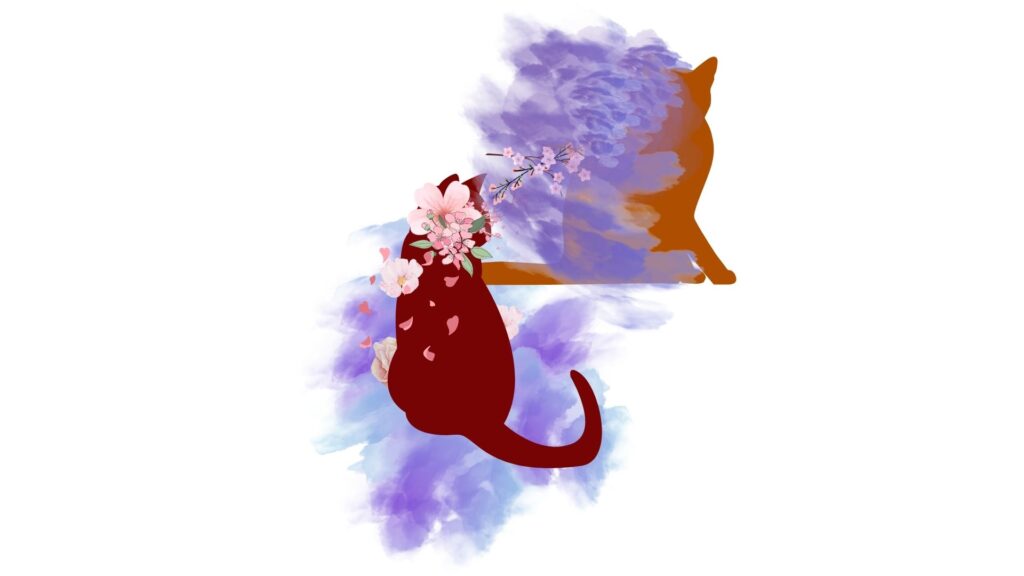
Are they in a bad mood? Welp, there goes your whole day.
You know exactly what I mean. That one sigh, the sharp tone, the way they walk into the room a little too fast and suddenly your stomach drops. You scan their face like it holds the weather report for the next 24 hours. Sunny? Stormy? Silent treatment with a chance of guilt?
And just like that, your body responds. Not out of logic but out of instinct.
You cancel your own plans. You hold back that funny story you were excited to share. You walk on eggshells so quietly, you barely notice you’re doing it anymore.
This is what happens when you start living as someone else’s emotional barometer.
Their highs become your relief.
Their lows become your punishment.
Their silence becomes your self-blame.
And the worst part? You start thinking it’s normal. Like this is what love means adjusting your entire nervous system to their unpredictability.
It’s not.
You’re not supposed to feel tense around someone who claims to love you. You’re not supposed to plan your words like landmines or overthink every emoji before hitting send. That’s not love that’s emotional survival mode dressed up as “sensitivity.”
If you’re constantly asking yourself, “Did I do something wrong?” just because they seem off that’s not your intuition. That’s fear.
And fear should never be your default in a relationship.
You deserve to feel safe in someone’s presence. Not like you’re bracing for their next emotional shift. You’re not meant to be a sponge for someone else’s storms. You’re meant to have your own forecast peaceful, steady, yours
4. You Feel Unseen, Even in Their Arms

There’s a specific kind of loneliness that hits different — the one that shows up while you’re lying next to someone. Not alone. Not abandoned. Just… unnoticed.
You’re in the same room. Maybe even touching. They might have an arm around you, or your knees might brush as you both scroll through your phones. But inside? You feel like you’re disappearing in plain sight.
You talk, and they nod. You vent, and they say, “that sucks. You share something exciting, but it doesn’t quite hit home. It’s as if you’re presenting a one-woman show, and they’re only halfway paying attention, clapping out of habit when it’s over.
They’re there technically.
But you feel miles away.
And after a while, you stop sharing the good stuff. Or the hard stuff. Or the random, weird, “this made me think of you” kind of stuff.
Because deep down, you’ve learned the truth: they’re listening, but they’re not hearing you.
That’s the thing about emotional invisibility. It doesn’t come from absence — it comes from presence without depth. Being with someone, but feeling like you’re talking into a void.
You deserve more than that.
You deserve to feel witnessed.
To be held not merely with arms, but with attention, interest, and concern.
Love should not feel like a spotlight that you are continuously attempting to step into. It should feel as if someone has repeatedly chosen to notice you. The messy parts. The beautiful parts. The “nothing special” parts. All of it.
If you’ve been feeling unseen, it’s not because you’re too much.
It’s because you’re with someone who’s giving you too little.
5. You Gaslight Yourself Before They Even Do
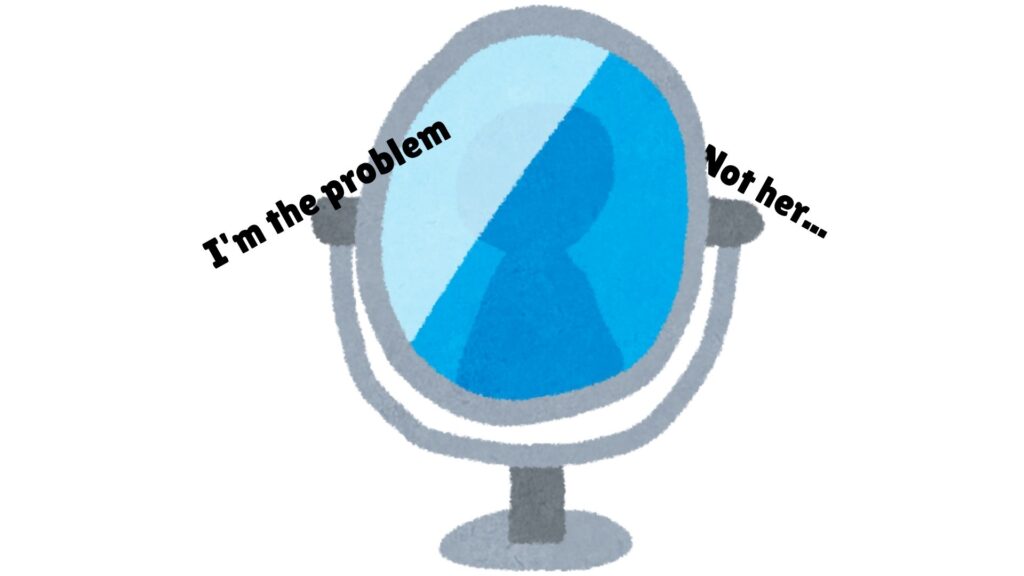
Maybe I overreacted.
Maybe I misunderstood.
Maybe it wasn’t that bad.
Maybe I’m just sensitive.
If these thoughts feel familiar — like a script that plays in your head before, during, and after every disagreement — that’s not just overthinking. That’s what happens when you start gaslighting yourself.
And the hardest part? You don’t even realize it’s happening.
You start editing your memories. You downplay your pain. You second-guess things that felt so clear in the moment. Not because you’re dramatic or forgetful — but because over time, their reactions taught you that your reality isn’t reliable.
You bring something up, and they twist it.
You express a need, and they call it an accusation.
You recall something they said, and they flat-out deny it “I never said that. You always twist things.”
And somewhere along the way, you start to believe them.
So now, even before they say it you say it.
You gaslight yourself on their behalf.
Let’s pause here for a second.
You’re not crazy. You’re not broken.
You’re not imagining things.
You’re remembering something they want you to forget.
Gaslighting does not always resemble manipulation with a capital M. Sometimes it is subtle. Sometimes it’s so casual that you don’t notice it until your entire sense of self is shaken.
If you’ve been feeling confused, disoriented, unsure of your own feelings — it’s not a flaw. It’s a symptom. And it didn’t start with you.
But it can stop with you.
You’re allowed to trust your memory. Your body. Your gut. You don’t need to argue yourself into silence just to keep the peace.
6. Boundaries Feel Like a Gamble
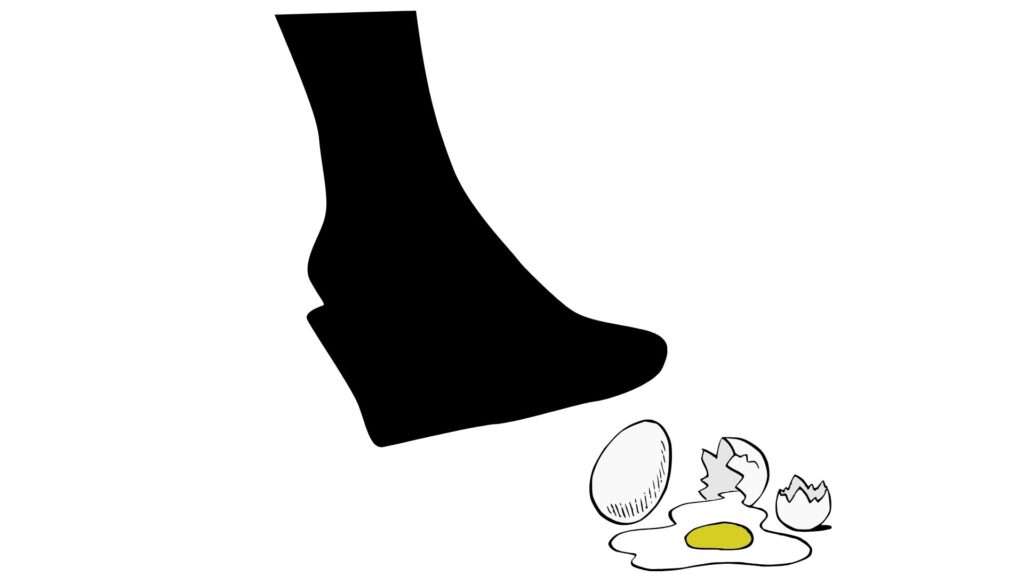
You think about saying something…
Then immediately think about the fallout.
You mentally practice the words, three distinct variations of the same sentence — soft, softer, and softest — in case the tone triggers them. Even before you utter it, your chest tightens.
Setting a barrier does not feel like defending yourself; it feels like poking a sleeping bear.
So instead of saying, “Hey, that hurts me,”
you say, “It’s fine.”
Instead of saying, “I need some time for myself,”
you say, “No, it’s okay I can come over.”
And instead of saying, “Please don’t speak to me like that,”
you say nothing. Just swallow it, again.
Because it’s not that you’re scared of being alone.
You’re scared of the storm after being honest.
The cold silence. The guilt trip. The defensiveness. The “You’re overreacting” followed by the “You always do this.” You’ve been through that loop enough times to know — your needs aren’t safe here.
But here’s the truth: when expressing a boundary feels like starting a war, that is the red flag.
Love shouldn’t punish you for protecting your peace.
You shouldn’t need to sacrifice your self-respect to keep someone close.
You’re not asking for too much. You’re asking for basic emotional safety — and if that feels like a gamble, it’s time to ask why the cost of honesty feels so high.
You deserve to feel heard, not handled.
You deserve to speak without flinching.
And most of all, you deserve to exist without apologizing for needing space.
Did any of this feel like a mirror?
Not all wounds bleed. Some just drain you quietly. And the hardest ones to name are the ones that make you question yourself more than anyone else.
If any part of this resonated — even a little — I want you to know: you don’t need a diagnosis, a label, or someone else’s permission to trust what your body and heart have been trying to tell you.
Confusion is a feeling. So is fear. So is loneliness while someone’s arms are around you.
And if you’ve been carrying any of that, it matters. You matter.
You don’t have to figure everything out overnight.
But maybe, today, you could write down what part of you feels the quietest lately.
Maybe you talk to someone who feels like emotional oxygen.
Maybe you let yourself imagine what life would feel like if it were lighter.
This isn’t about hating them or hating yourself.
It’s about choosing clarity over chaos.
Peace over performance.
Self-respect over survival mode.
You deserve ease.
You deserve peace.
You deserve to recognize yourself in the mirror again — not as someone who shrinks to fit, but as someone who’s slowly, gently coming back home to themselves.
And if no one’s told you lately:
You’re allowed to want more than just “not being alone.”
You’re allowed to want yourself back.
A passionate psychologist on a mission to make psychology insightful, relatable, and engaging! From mental health to human behavior, I break down complex ideas into thought-provoking reads for curious minds.

